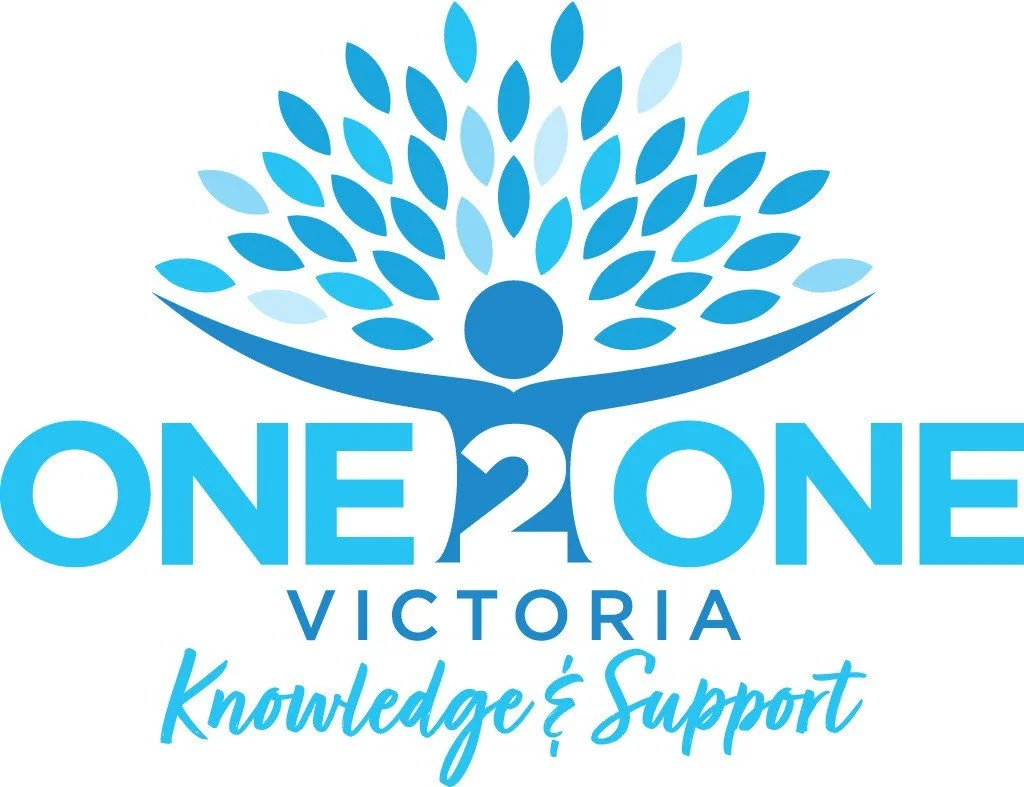
Rights Based Service Delivery
1. Course Title
Rights-Based Service Delivery for NDIS and Human Services Workers
2. Course Overview / Description
This short online course introduces the principles of rights-based service delivery within the NDIS and broader human services. Designed for frontline workers, it focuses on supporting the rights, choices, and independence of people with disability. Learners will gain practical knowledge to apply human rights principles in everyday support work.
3. Learning Outcomes
By the end of this course, participants will be able to:
Understand the meaning and importance of rights-based service delivery
Identify key human rights relevant to NDIS participants
Apply practical strategies to support choice, inclusion, and dignity
Recognise and respond to breaches of rights in service settings
4. Duration and Delivery Mode
Duration: One week
Delivery Mode: Wholly online and self-paced
5. Target Audience / Entry Requirements
Target Audience: Entry-level NDIS workers and human services professionals
Entry Requirements: No prior experience required
6. Course Content / Topics Covered
Introduction to human rights and the NDIS
Principles of rights-based service delivery
Supporting choice and control
Promoting inclusion and participation
Respecting privacy and dignity
Responding to rights breaches
Practical strategies for everyday support
7. Assessment
Type: Short online quiz
8. Certification / Accreditation
Participants will receive a certificate of completion once the course is successfully completed
9. Cost and Enrolment Info
Cost: $24.99
Enrolment: Available online anytime; start immediately
Ready to Get Started?
Click the Learn More button to enrol and begin your learning journey. You'll get immediate access to all course materials—it's that easy.
-
Human Rights
-
History of Human Rights
As NDIS workers, we support people with disabilities to live with dignity, choice, and control. To do this well, it helps to understand the history of human rights—how the idea of rights for all people came to be, and why it matters today.
Let’s take a quick journey through some key moments in history that shaped the human rights we now protect and promote in the NDIS environment.
-
The UN Declaration of Human Rights
As an NDIS worker, your role is all about supporting people with disability to live with dignity, respect, and freedom. These values come from a long history of human rights work, and one of the most important moments in that history was the creation of the Universal Declaration of Human Rights, or UDHR for short. Let’s explore what the UDHR is, why it was written, and how it connects to your everyday work.
-
Human Rights Instruments
As an NDIS worker, you’re part of a system that’s built on human rights. But what does that really mean? To understand it, we need to look at something called human rights instruments. These are official documents—like declarations, treaties, and conventions—that set out the rights every person should have. They help guide laws, policies, and everyday practice, including the work you do in the NDIS.
Let’s break it down in simple terms.
-
Human Rights & Disability
The United Nations Convention on the Rights of Persons with Disabilities (CRPD) is an international agreement that protects the rights and dignity of people with disabilities. It was adopted by the United Nations in 2006 and came into force in 2008. This Convention is important because it recognises that people with disabilities have the same human rights as everyone else. It also says that society must remove barriers that stop people with disabilities from fully participating in everyday life.
-
Human Rights Based Approaches
A human rights-based approach means putting the person’s rights at the centre of everything we do. It’s about more than just following rules—it’s about respecting people, listening to them, and supporting their choices.
-
-
Client Rights
-
Overview of Client Rights
As an NDIS worker, one of your most important responsibilities is to respect and uphold the rights of the people you support. Every person with a disability has the same basic human rights as everyone else. These rights are protected by law and supported by the principles of the NDIS.
This overview will help you understand what client rights mean in practice, and how you can make sure your work supports those rights every day.
-
Principles of Rights Based Service Delivery
As an NDIS worker, your role is not just about helping people with disability complete tasks or access services. It’s about supporting their rights, choices, and independence. This approach is called rights-based service delivery, and it’s a key part of how the NDIS works.
Rights-based service delivery means putting the person at the centre of everything you do.
-
Your Responsibilities
As an NDIS worker, your role is more than just providing support. You are part of a system that is built on respect, inclusion, and fairness. Every person with a disability has rights—just like anyone else—and your job is to make sure those rights are respected in everything you do.
-
Supporting Clients to Exercise Their Rights
As an NDIS worker, one of your most important roles is to support your client to understand and exercise their rights. Every person with a disability has the same human rights as everyone else. These include the right to make choices, be treated with respect, feel safe, and live the life they want.
-
When Client Rights are Breached
As an NDIS worker, you play a key role in protecting your client’s rights. Sometimes, a client’s rights may be ignored, disrespected, or violated. This could happen in small ways, like not being listened to, or in serious ways, like being treated unfairly, unsafe, or abused.
When this happens, it’s important to act. You are not alone, and your client is not alone. There are clear steps you can take to support them and help make things right.
-
-
Assessment Quiz
